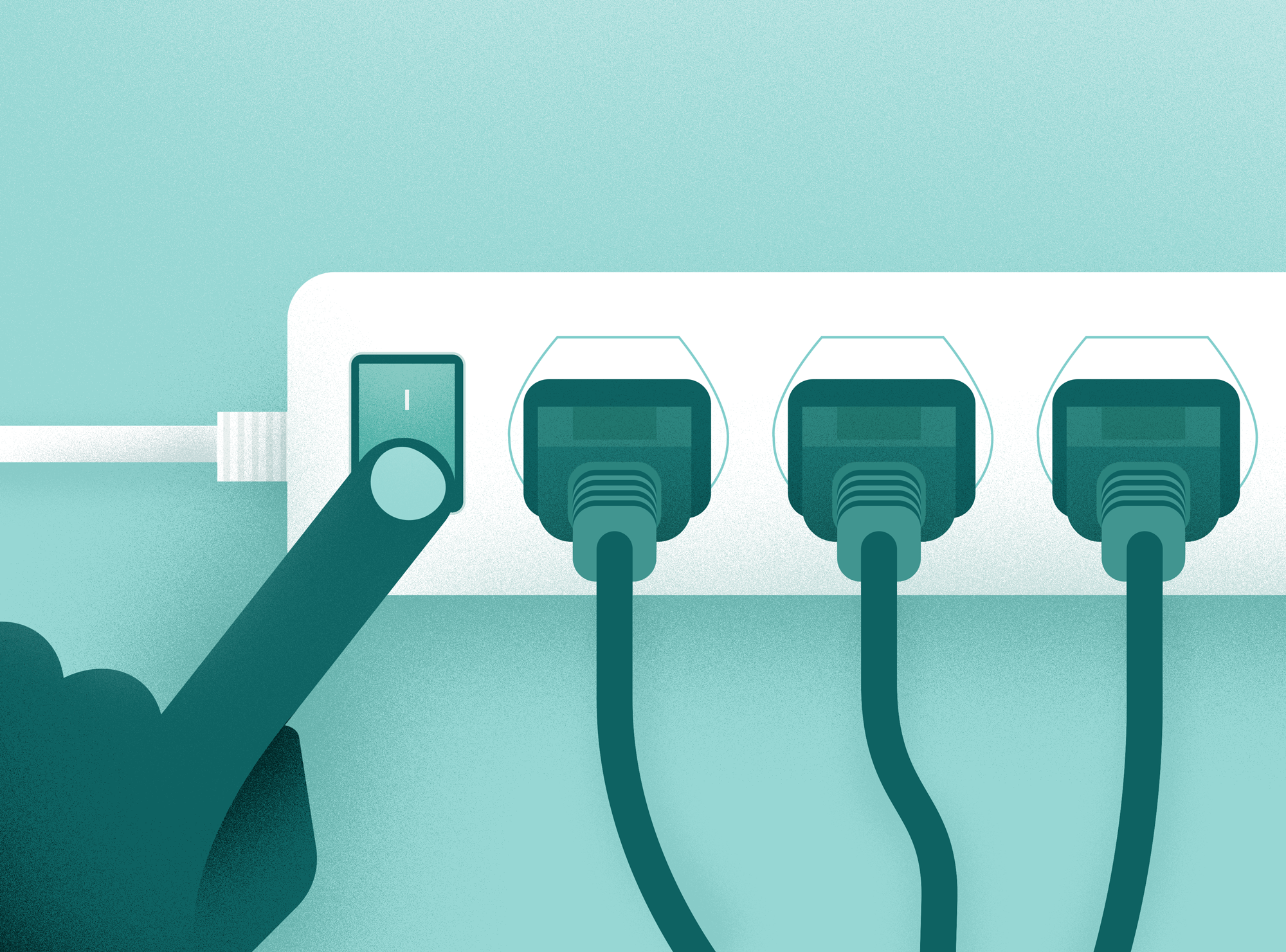Modern life does not favor sleep.
I don’t need to be told that my “future self” would be happier the next morning if, at 10 p.m., I closed my laptop, strode past the pile of unopened mail, and marched straight upstairs to get ready for bed. Unfortunately, my “present self” would rather reply to one more email, pay the bills, and otherwise stretch the day just a moment longer, and then another… until suddenly, it’s an hour past my bedtime.
For much of human history, nocturnal productivity was not an option. Before the invention of the lightbulb, cycles of light and dark more or less followed the rising and setting of the sun.
Now, we can stay up as long as we’d like. In fact, the blue light emitted by most of the screens we stare into for much of our waking hours suppresses the secretion of melatonin. In other words, our devices are not only a diversion, but they also keep us alert much later than is healthy.
In data collected on Character Lab Research Network, the more hours teens spend on social media and video games, the less they sleep.
To an extent, objective features of our situation are beyond our control. We cannot un-invent the lightbulb, the laptop, or the uncountable ways these innovations have made productivity, as well as entertainment, possible 24 hours a day.
But one effective way for your future self to triumph over your present self is to manipulate your situation to advantage. This strategy is called situation modification.
For instance, you can make it a family rule to keep the chargers for cell phones, and the cell phones themselves, out of bedrooms. To reduce exposure to blue light, you can enable the Night Shift feature (or equivalent) on your devices. Better yet, you can go analog by, say, curling up with a good book for the last hours of the evening.
Try hacking your situation to make self-control easier. Whether your future self wants more sleep, more exercise, or less procrastination, think about how you can make temptations less potent. Yes, our objective situations can be the enemy of self-control… but if humankind is clever enough to recreate the sun, then surely we can use the same ingenuity to outwit our own inventions.
With grit and gratitude,
Angela


